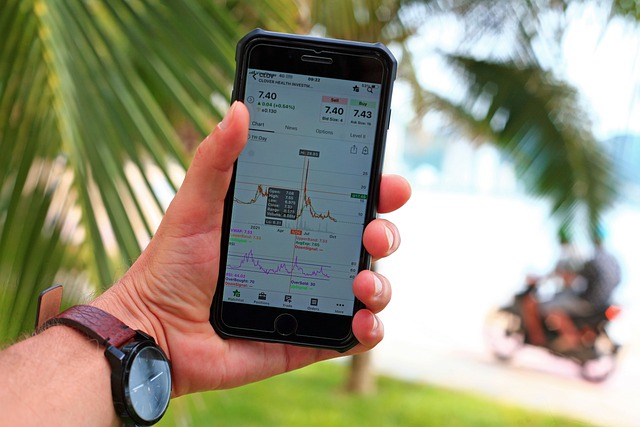The European Central Bank finds itself where the Federal Reserve was toward the end of last year — ready to start hiking interest rates, but waiting to end a bond-purchase program first even as inflation surges.
That’s the purgatory the ECB is in ahead of Thursday’s interest-rate decision. Markets are expecting the ECB to wait until July to make its first rate hike of the cycle in response to inflation that reached a record 8.1% year-over-year in May.
So expectations are that the ECB will say the Asset Purchase Program will wrap up, clearing the way for hikes to begin as early as July.
“Even when supply shocks fade, the disinflationary dynamics of the past decade are unlikely to return. As a result, it is appropriate for policy to return to more normal settings rather than those aimed at raising inflation from very low levels,” said ECB President Christine Lagarde in a recent blog post. Lagarde made clear that, at least for now, the ECB will focus on adjusting rates, rather than the size of its balance sheet, to tame inflation. She also backed a policy that would, at least initially, gradually lift rates.
That said there’s a lot of time between now and July 21, when the governing council meets again. Economists at Bank of America last week upped their estimates of ECB hikes to 150 basis points for 2022, a half-point increase, because they expect 50-point rate hikes in both July and September.
“To be completely clear, we still don’t understand the ECB’s rush. We are self-declared macro bears, because we don’t really understand how the economy can go through a very large energy price shock unscathed in the first place, never mind how the economy is supposed to cope with neutral rates when it is so far away from equilibrium,” wrote the BofA economists. “But we have understood that the central bank is keen to be seen to act against inflation (even if hikes can’t help much with this type of inflation), and to lean against the risk of second round effects proactively.”
Others are expecting a measured tone from Lagarde. “The most important thing to watch would be the language and tone around July and September hikes. Our base case is that Lagarde will indicate that rate hikes will start in July and deposit rate will reach 0 in Q3 2022. She would stress on gradual path of policy normalisation, which would suggest increments of 25bp hike, subject to market and economic conditions. Lagarde would also keep the stress on optionality and flexibility of policy tools, which were the keywords at the March and April press conference,” says Mohit Kumar, managing director for interest-rate strategy at Jefferies, who expects quarter-point increases in both July and September.
The other question around this ECB meeting is the extent to which the central bank is willing to fight the market on bond yields in so-called financially stressed eurozone countries. “It is possible that the ECB will announce this Thursday a new instrument for potential selective bond purchases in the future. More likely, the ECB will simply state more forcefully than before that it would act against ‘excessive fragmentation’ without going into any details,” said Holger Schmieding, chief economist at Berenberg Bank.

